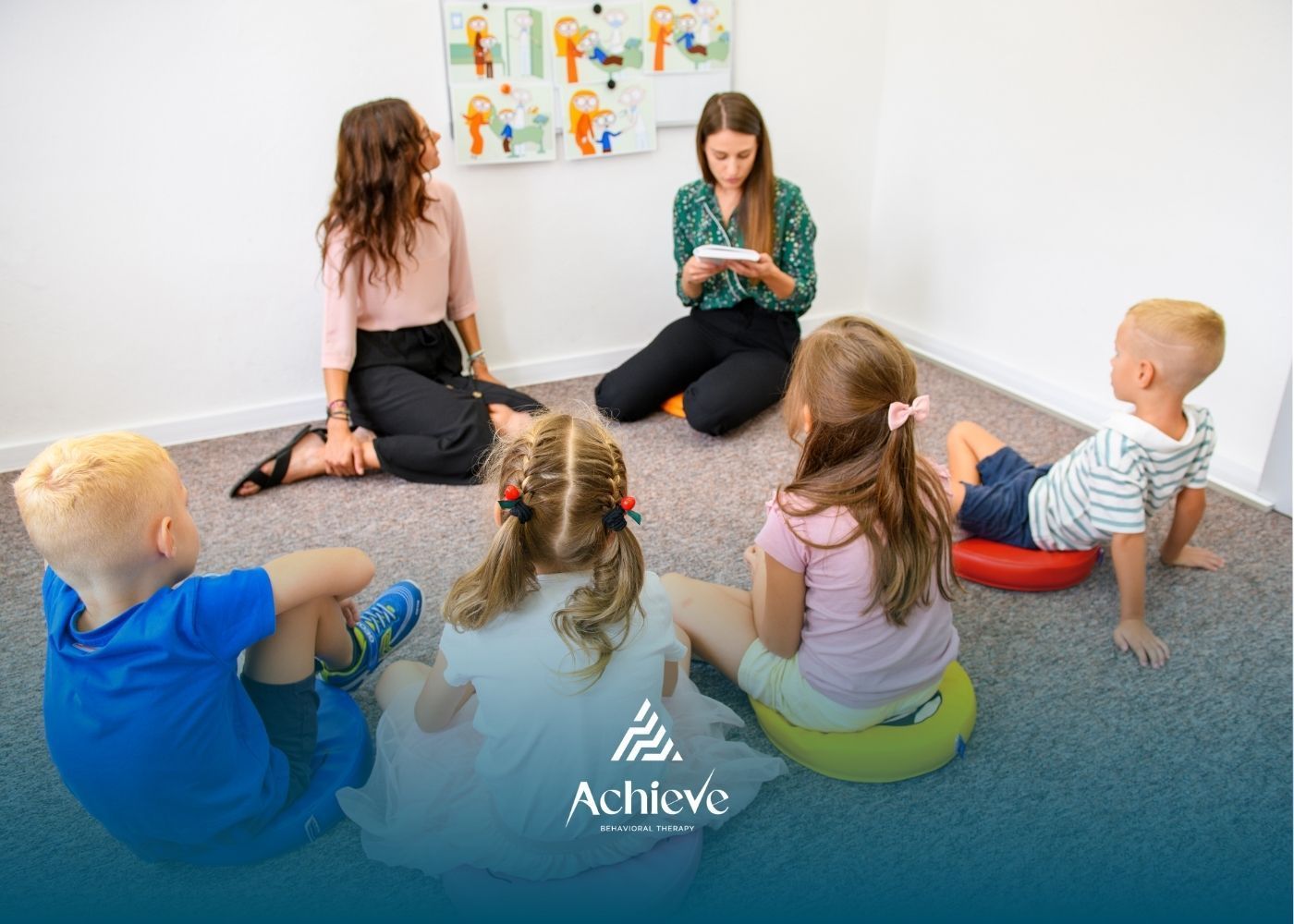What’s the Real Success Rate of ABA Therapy?

Applied Behavior Analysis (ABA) therapy is widely recognized as an evidence-based treatment for Autism Spectrum Disorder (ASD). Research shows that ABA therapy can significantly improve communication, social skills, adaptive behaviors, and reduce challenging behaviors — especially when started early and implemented consistently.
Research on ABA Therapy Outcomes
Studies, including long-term research by Dr. Ivar Lovaas, have found that 40–50% of children who receive intensive ABA therapy (25–40 hours per week) from a young age make substantial gains, achieving skills similar to their neurotypical peers. Others show meaningful progress in communication, learning, and daily living skills, even if full independence isn’t achieved.
Factors That Influence Success
Timing plays an important role in progress.
Starting ABA therapy at a younger age—especially before age 5 —often leads to stronger developmental outcomes because young brains are highly adaptable.
More practice usually leads to better results.
Children tend to make greater progress when therapy is consistent and intensive, allowing skills to build and strengthen over time.
Progress looks different for everyone.
Each child’s learning style, strengths, and challenges influence how quickly and in what ways progress occurs. ABA programs are most effective when they are individualized.
Support doesn’t stop at therapy sessions.
When parents and caregivers actively participate, children are more likely to generalize skills across home, school, and community environments.
Conclusion
While the success rate of ABA therapy varies from person to person, research consistently shows that it can be a powerful tool for building essential skills, boosting independence, and enhancing overall quality of life. With early, intensive, and personalized intervention, many children see remarkable progress — and families gain the support they need to navigate autism with confidence.
Why Choose Achieve Behavioral Therapy
At Achieve Behavioral Therapy, we believe every individual deserves a personalized path to success. Serving families in New Jersey and North Carolina, our team of highly trained Board Certified Behavior Analysts (BCBAs) and therapists creates evidence-based, compassionate treatment plans tailored to each child’s unique strengths and goals. Whether your family is seeking early intervention or ongoing skill development, we’re here to help every step of the way. With our dedication, expertise, and family-focused approach, Achieve Behavioral Therapy empowers children to reach their full potential — because every step forward is a step toward independence.
Frequently Asked Questions
Can ABA therapy guarantee recovery from autism?
No. Autism is not something to be "cured", but ABA can help build skills and improve quality of life.
How long before results are seen with ABA?
Progress varies; some children show improvements within months, while others require years of consistent therapy.
Is ABA therapy effective for older children or adults?
Yes, ABA can benefit individuals of all ages, though results may be more gradual compared to early intervention.
Sources:
- https://www.autismspeaks.org/applied-behavior-analysis
- https://www.psychiatry.org/patients-families/autism/what-is-autism-spectrum-disorder
Need Support?
We're Here to Help!
Our experienced team is ready to assist you. Reach out today to discuss how we can support your child's development and well-being.
Get started with expert ABA therapy today.






